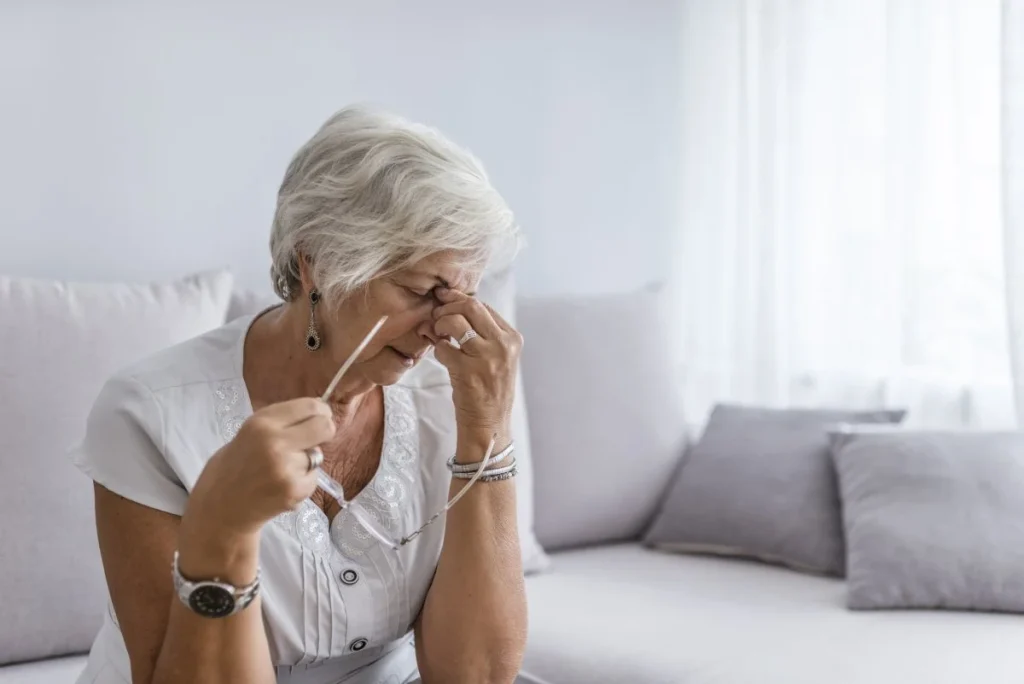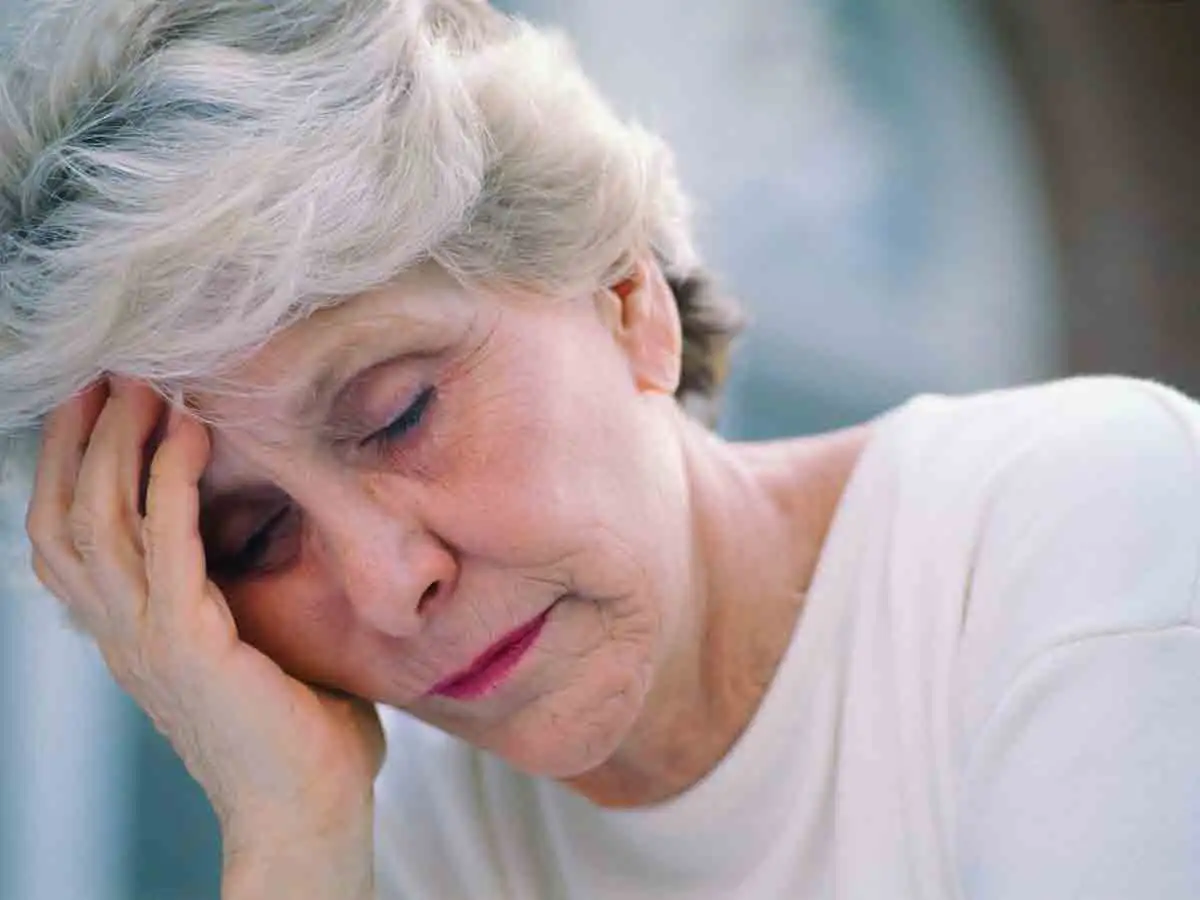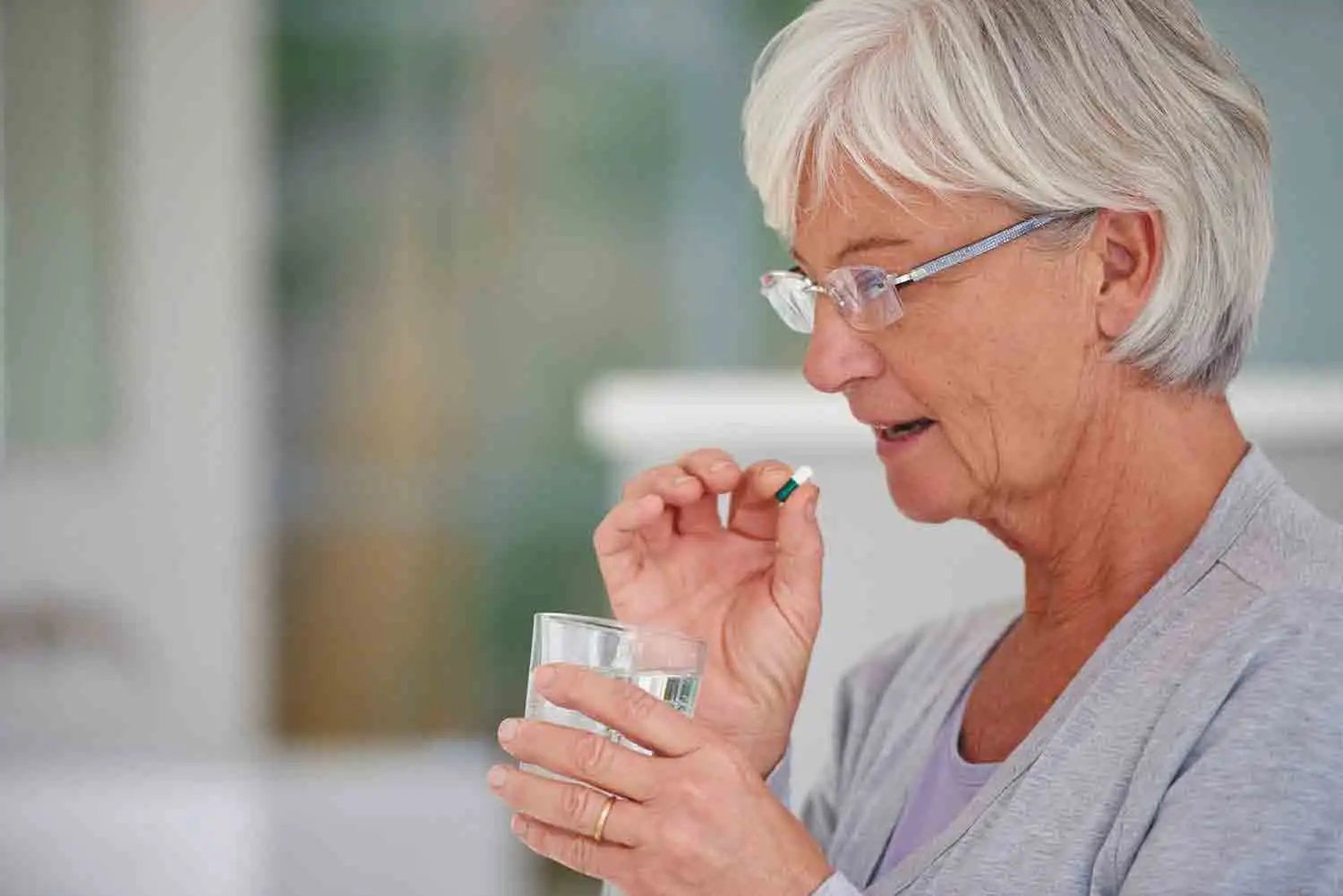
Causes of Sleepiness in the Elderly + Treatments
Do elderly people need more sleep? Sleepiness in the elderly during the day can be a sign of cardiovascular problems, which greatly increases the risk of death in the elderly. Some elderly people still feel sleepy and tired throughout the day, no matter how much they sleep. Even when they wake up in the morning, they cannot get out of bed and tend to fall back asleep. If you are one of these elderly people or you have an elderly person around you who has these symptoms, you should definitely check and find out the cause of this issue.
One of the signs of cardiovascular problems is drowsiness in the elderly, which can pose a risk of death. In this article from humanhealthmag, we will examine the causes of drowsiness and lethargy and some treatments for daily sleepiness in the elderly.
Sleep Physiology in the Elderly
Before answering the question of what causes sleepiness in the elderly, we must first familiarize ourselves with the physiology of sleep in the elderly. As we age, our bodies experience significant changes that can directly affect our sleep physiology. These natural changes are part of the aging process and can affect sleep patterns in various ways. One of the main changes is a decrease in the body’s production of melatonin. Melatonin is a hormone that helps regulate the sleep-wake cycle. With decreased melatonin levels, older adults may experience difficulty falling asleep or maintaining deep sleep. Older adults tend to spend less time in the deep sleep stage, which can lead to feeling tired and needing more sleep during the day.
Changes in daily patterns and physical activity can also affect sleep. Decreased physical activity and changes in ambient light can alter the body’s internal clock, which in turn affects sleep patterns. Finally, age-related physiological changes, such as sleep-disordered breathing or chronic illnesses, can also affect sleep quality in older adults. By understanding these physiological changes, we can identify and implement strategies to improve sleep quality in older adults. To care for an elderly person, you can also use the tips mentioned in this article How to Care Seniors at Home.

Review of 6 Causes of Sleepiness in the Elderly
What is the cause of Sleepiness in the Elderly? We all get sleepy sometimes, which can be resolved with rest and sleep. But what are the signs of excessive sleepiness in the elderly? The answer is that a set of psychological and physical factors cause fatigue and chronic sleepiness in the elderly and individuals. The most important causes of excessive sleepiness in the elderly are:
1- Infection in the elderly
- Most infections have visible symptoms. But some of them, such as immune system diseases, do not have visible symptoms, and the infection manifests itself in the elderly in the form of fatigue and severe sleepiness, which at this time you can only notice the disease in your elderly by visiting a doctor.
2- Excessive sleepiness in the elderly due to allergies
- Chemical compounds such as histamine, which the body secretes during allergies and to combat them, cause sleepiness in the elderly. For example, when an elderly person smells a flower or the elderly person’s respiratory system becomes inflamed, the elderly person suffers from insomnia because the hogs have entered the elderly person’s respiratory system.
3- Anemia in the elderly
- The most important function of red blood cells (RBC) is to receive oxygen from the lungs and transport it to other organs of the body. When an elderly person suffers from anemia, he feels extremely tired.
4- Disruption of female hormones in elderly women
- The decrease in estrogen hormone in elderly women can cause symptoms such as weight loss and fatigue in them. This is the cause of sleepiness in the elderly.
5- Sleep Apnea
- Some elderly people, even though they sleep for 8 hours or even more at night, still feel tired and sleepy during the day. Sleep apnea is basically when the elderly person’s breathing stops for several seconds while sleeping. During the night, the elderly person wakes up and goes back to sleep every time this happens to them, but they may not realize that these short awakenings are due to sleep apnea. Do you know what is the best sleep apnea treatment for seniors?
6- Decreased appetite in the elderly
- When the elderly eat less than their body needs, they become tired. In addition, this fatigue occurs in the elderly who eat the wrong and harmful foods.

Treatments for Excessive Sleepiness in Elderly Adults
Patients with excessive sleepiness produce a brain chemical that keeps them sleepy all the time. These findings suggest that drug treatment may be effective for people with excessive sleepiness. Important treatment methods for sleepiness in the elderly include:
1- Being physically active
- The general public prescribes napping to treat sleepiness in the elderly. Contrary to popular belief, resting or sleeping too much does the opposite of what we expect. Movement and activity boost energy. It is better to get out in the fresh air instead of resting. This improves your mood by releasing endorphins. Don’t forget that sadness and depression cause fatigue and sleepiness in the elderly.
2- Treating sleepiness in the elderly by boosting red blood cells
- One of the essential elements needed by the human body is iron. People with iron deficiency cannot produce enough red blood cells. Red blood cells are essential because they contain hemoglobin, which transports oxygen. Lack of oxygen leads to decreased body function and ultimately causes fatigue and drowsiness. This condition is called iron deficiency anemia.
3- Use ginseng to treat sleepiness in the elderly
- Ginseng helps the body adapt to stress. This herb helps the body cope with stress by improving the function of the adrenal system. When it comes to the hormonal response to stress, the adrenal system is the body’s command center. Cortisol, the “stress” hormone, can affect the quality of our sleep and determine whether we fall asleep again at night, because the secretion of the hormone cortisol suppresses melatonin. We need melatonin to have a regular sleep-wake cycle.
4- Consume more citrus fruits
- To treat sleepiness in the elderly, start your day with a glass of lemon juice. This product is energizing and has many healing properties.
5- Magnesium and treating sleepiness
- One nutrient that the body cannot produce is magnesium. Everything from muscle and nerve function to protein synthesis and energy production requires magnesium. The best way to get magnesium is to eat foods containing magnesium instead of supplements. Dark green leafy vegetables, nuts, whole grains, and bananas are all rich in magnesium.
Concluding Remarks
Fatigue and sleepiness in the elderly can affect their daily functioning and increase their risk of heart disease, kidney problems, depression, arthritis, and lung disorders. It can also lead to other medical conditions, such as sleep problems, cancer, anemia, and inflammatory disorders. Ultimately, it is likely that this phenomenon is the result of a combination of physiological, medical, psychological, and social factors.
Also, natural changes in the body with age, chronic diseases and their associated medications, and psychological and social factors such as depression and isolation can all contribute to excessive sleepiness in the elderly. If you are experiencing sleepiness, it is very important to see a doctor to diagnose the cause and learn how to deal with and treat it.
We’ve shared our thoughts and now it’s YOUR turn! Please share your insights in the comments, and let’s start a meaningful discussion that will help others, too!

Frequently Asked Questions
What Causes Excessive Sleepiness in the Elderly?
As we age, changes occur in sleep physiology. Decreased melatonin production and changes in sleep stages can lead to irregular and less deep sleep, which may lead to a need for more sleep.
Is Excessive Sleepiness in the Elderly a Sign of illness?
Excessive sleepiness can be a sign of various illnesses, including diabetes, heart disease, depression, or even sleep disorders such as sleep apnea. If excessive sleepiness is accompanied by other symptoms, it is recommended to consult a doctor.
How Can Sleep Quality be Improved in the Elderly?
Improving sleep quality in the elderly can include establishing a regular bedtime routine, regular physical activity, ensuring a comfortable sleeping environment, and reducing caffeine and alcohol consumption. It is also helpful to use relaxation techniques such as deep breathing or meditation.
Can Medication Affect sleep in the Elderly?
Yes, many medications used to treat various conditions can cause drowsiness or insomnia. Drug interactions can also affect sleep. It is important to consult a doctor if you have any concerns.
Why Are Some Seniors More Sleepy During the Day?
Daytime sleepiness can be caused by poor quality sleep at night, lack of physical activity, certain chronic illnesses, or even psychological factors such as depression. Making lifestyle changes and managing possible causes can help reduce this condition.
